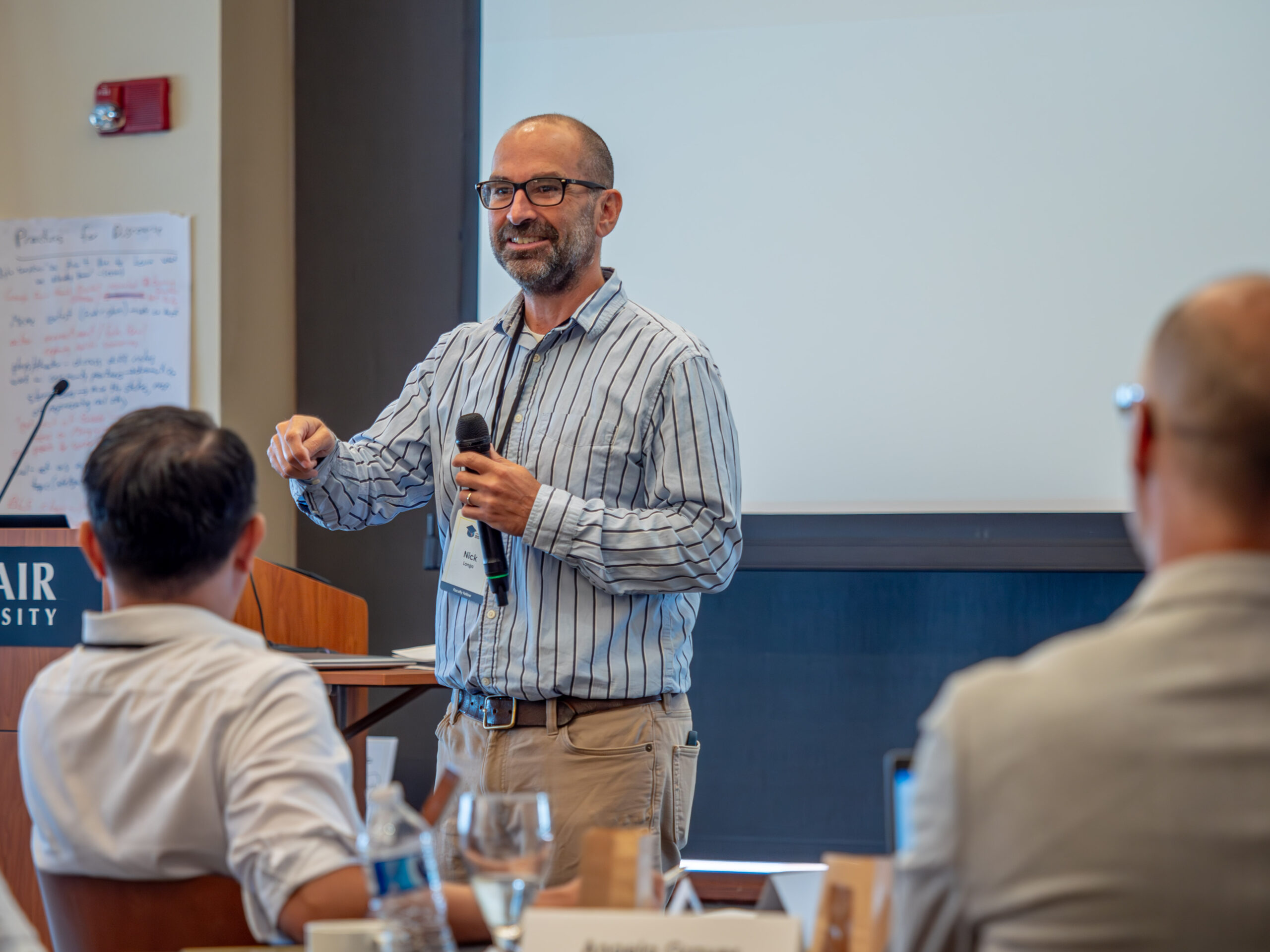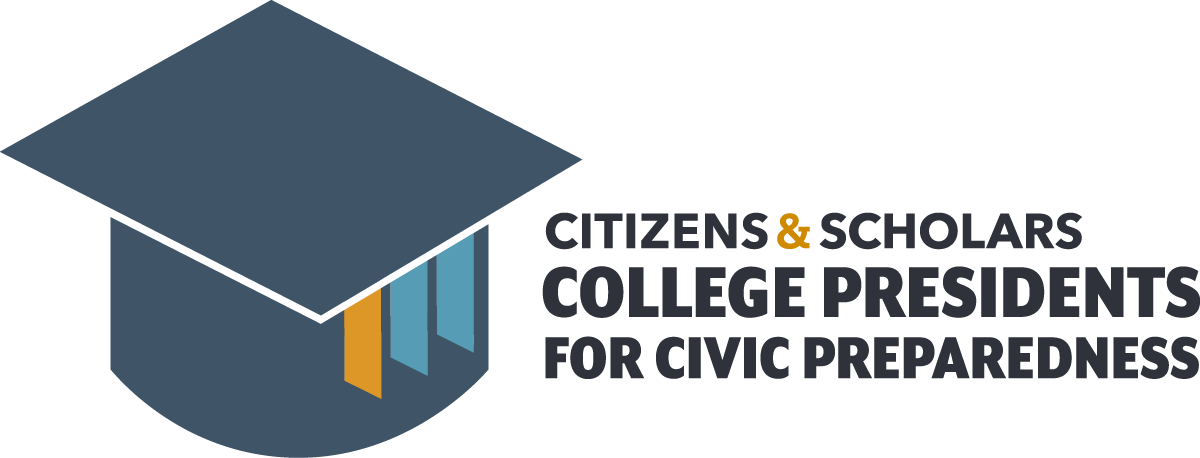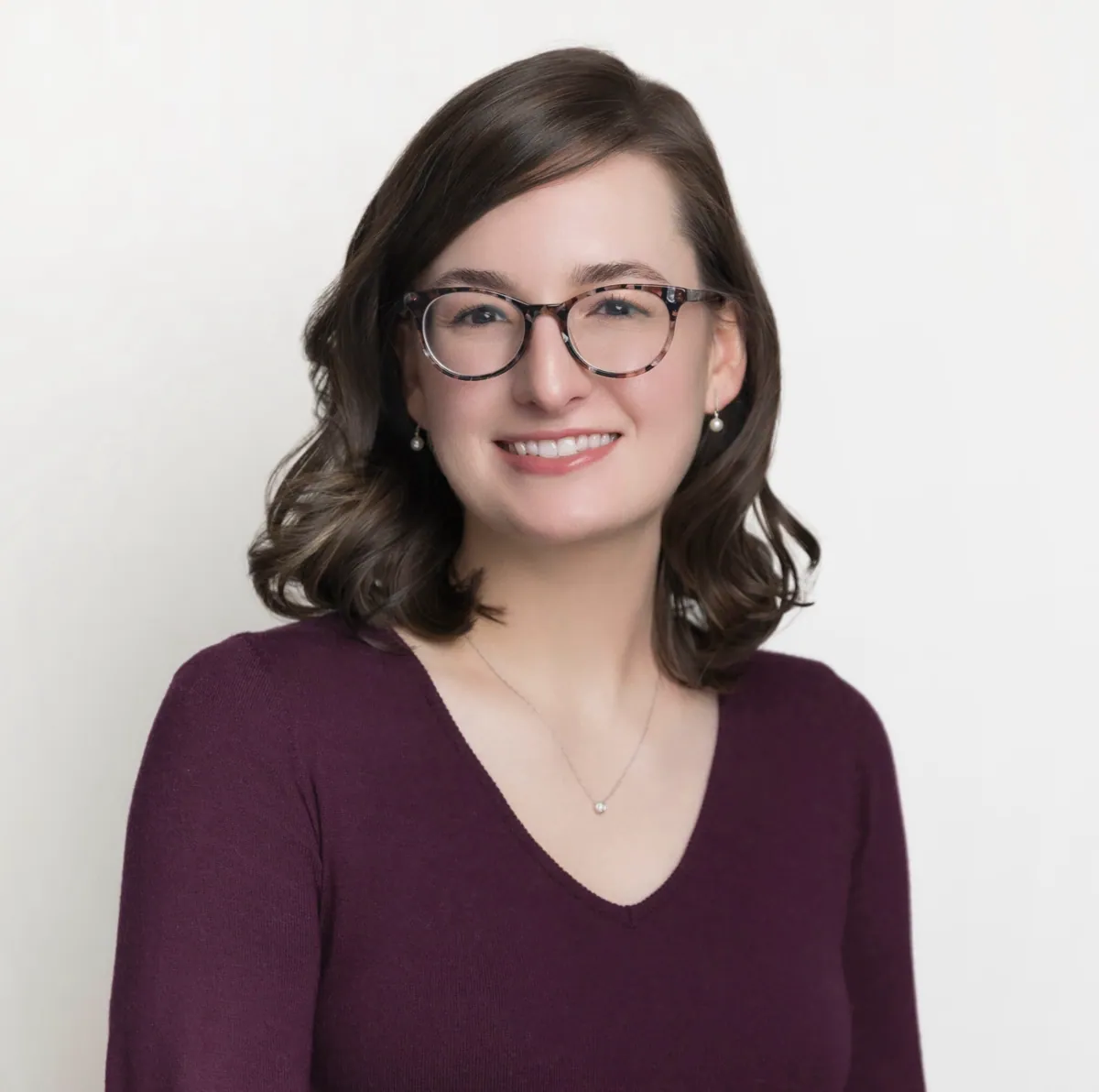5 Minutes with Faculty Institute Leaders: The Future of College Campuses
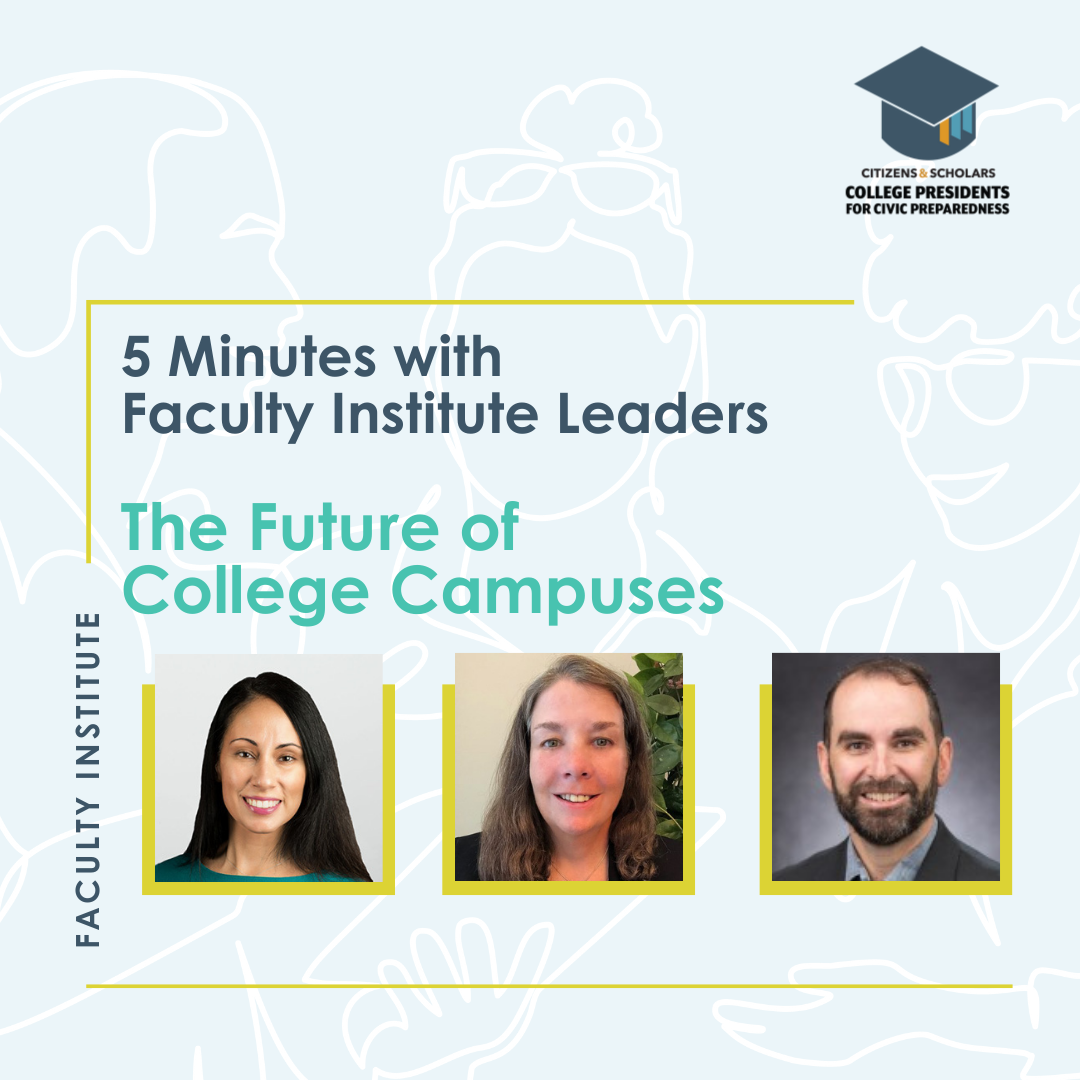
The College Presidents for Civic Preparedness Faculty Institute helps interdisciplinary educators across the country gain the skills and confidence to redesign or create new courses that promote dialogue across difference and become champions of this work on their campuses. What does this work mean for our democracy, the future of higher education, and preparing a rising generation of empowered citizens?
In this interview series, Citizens & Scholars explores these questions and more with Janett Cordovés, Senior Program Director of the Presidents Consortium, alongside two Faculty Fellows. Leila Brammer is the Director of Outreach and Curriculum Development at the University of Chicago. Nick Longo is a Professor in the Department of Global Studies and a Faculty Fellow for Engaged Scholarship at Providence College.
Citizens & Scholars: If there’s a critical mass of faculty across the country committed to facilitating dialogue across difference, how do you think that would transform college campuses?
Janett Cordovés: It would increase a sense of inclusion and belonging. Finding your place on campus would then lead to retention and graduation. Because if you can’t share what you’ve experienced, if you aren’t asked to participate, if the environment wasn’t created for you to add, or to build upon, then you quickly disengage. Students just need one space on campus to be active in the community, give back, and contribute. If we don’t pull in students who think differently than us, we can create a pathway to isolation and extremism. And so we know that our classrooms are for many students the first time that they’re out of their homogenous communities. If all faculty could create these spaces of inclusive and productive discourse, I think it would have a positive impact on the students. Even if it’s just one class, it would lead to a huge ripple effect.
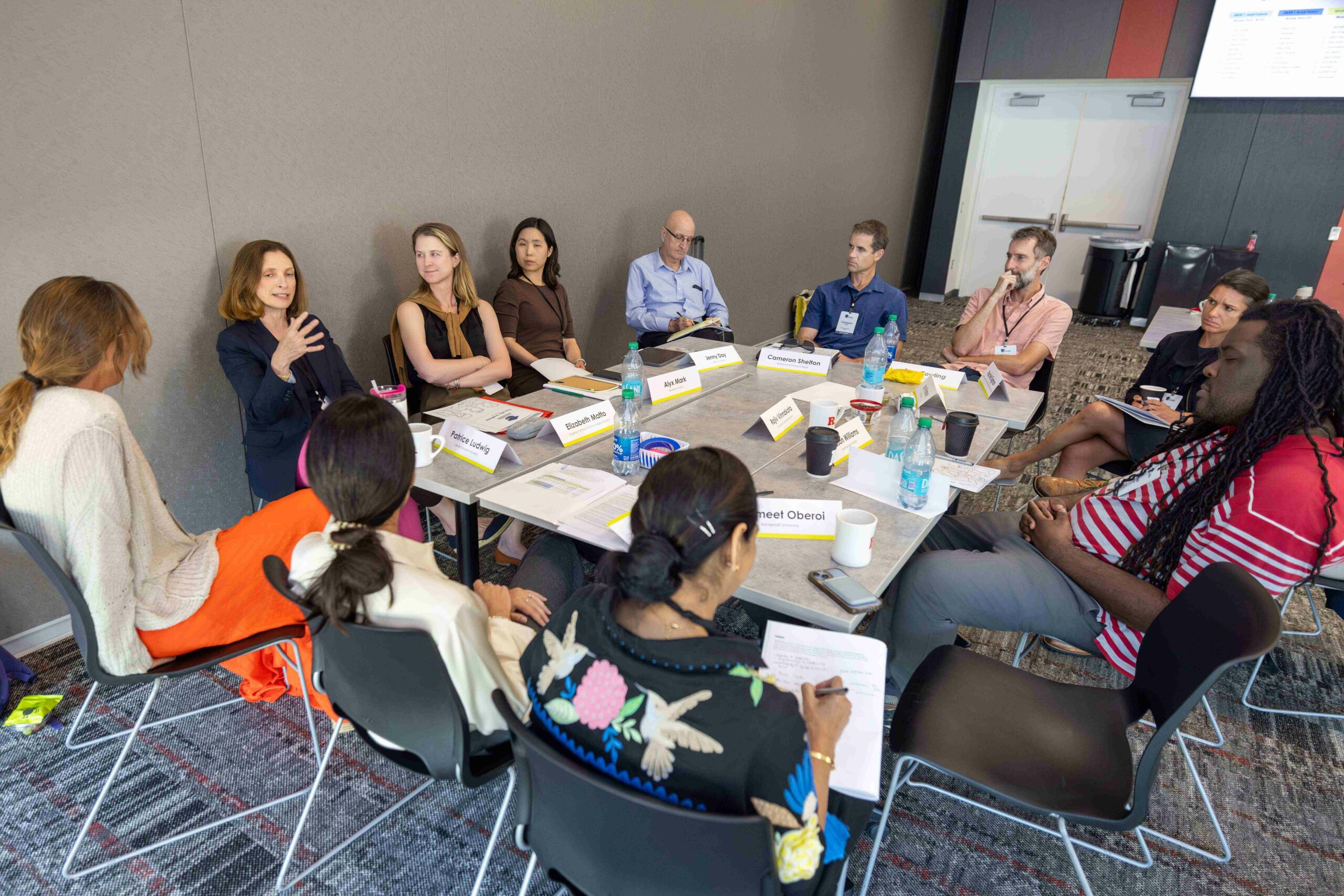
Leila Brammer: I echo all of that that Janett offered, and I’ll go another step. Higher education will be better at fulfilling its mission. One, providing the best quality education we can for our students. Two, creating a sense of belonging not just among students and faculty, but also communities around campuses. Those connections are an opportunity to focus on growth and development and how higher ed and local communities can work together to resolve pressing issues. Third, another mission – I really do believe this of higher ed – is the democratic mission of preparing citizens. With enough buy-in, institutions can better prepare students to successfully enter into the world and their communities.
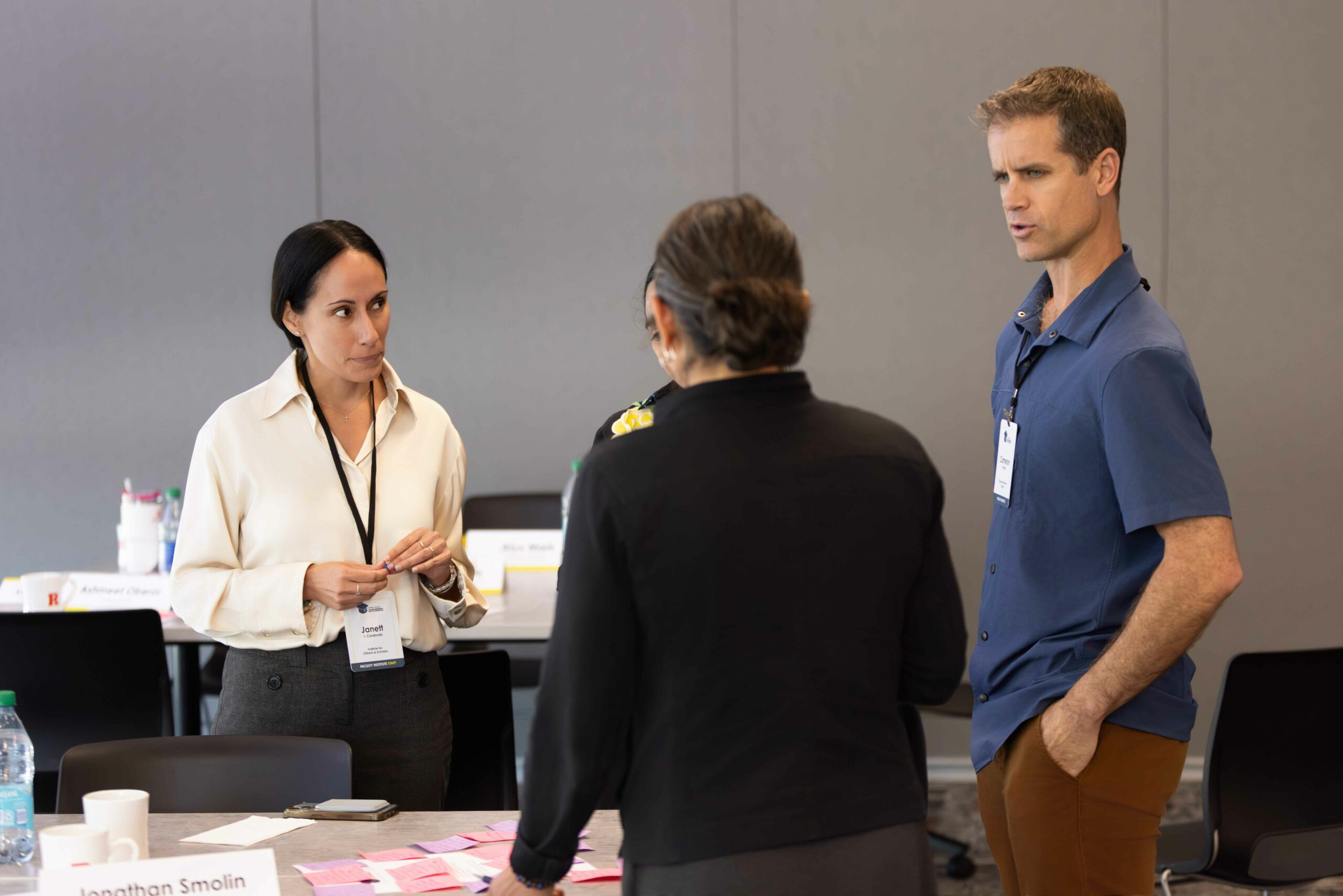
Nick Longo: With a critical mass of faculty doing this, I think campuses would be transformed into the kinds of engaged institutions that they need to be. A lot of colleges and universities are feeling the pressure to deliver on workforce preparation, but it’s important to realize that this kind of civic work will allow campuses to connect to the larger mission of preparing engaged, democratic citizens. Civic and career readiness can be interconnected missions. Leaders of companies, for instance, are saying, “People can’t talk across differences. We need our employees to be able to do this.” The skillsets for civil discourse—listening, asking questions, working with people with diverse viewpoints—are going to translate into the workforce, and it’s also going to translate into creating the kind of vibrant democracy we need.
